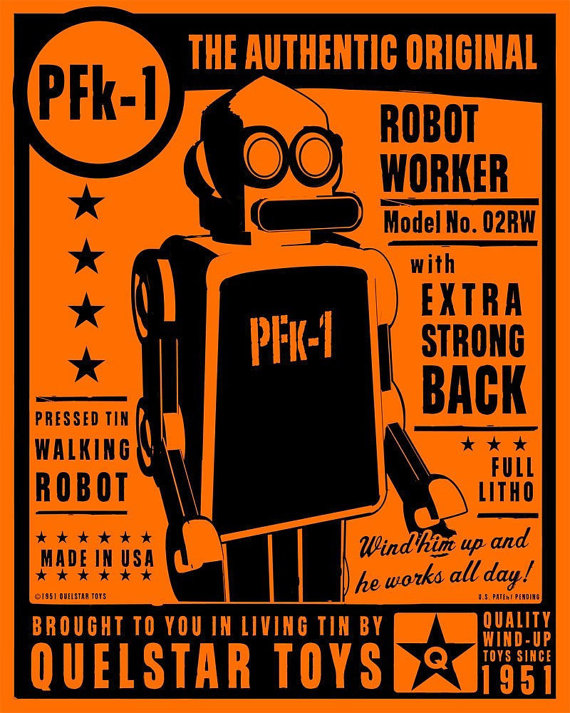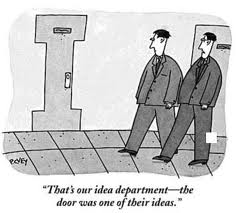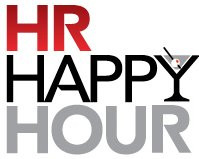If you're reading this, it's because you caught up on email last night
Note: This post was written on Sunday and was set to publish on Monday morning at about 9:00AM ET.
From the 'no one cares but me' department, I will mention that probably 75% of the posts that run on this blog are written on the weekends. For me, the weekends are when I prefer (generally) to do the 'non-work' work - the blog, trying to figure out what to do with HR Happy Hour, (a post on that coming, maybe this week), working on HRevolution, (more on that very soon too), and of course watching my beloved Knicks in the playoffs.
This past weekend however, had a little more 'real work' than most, we spent a fair bit of time working on the agenda for the upcoming HR Technology Conference in October, (and in the spirit of shameless promotion, you really should lock in your plans to attend now, it is shaping up to be another fantastic event). As you'd expect, or maybe not, over the weekend there was a fair number of emailing going on with various presenters, sponsors, internal staff, etc. finalizing copy, double-checking titles and responsibilities, confirming things, etc. And through all the back and forth over the last two days I was struck by the remarkable levels of responsiveness from people external to the process. In other words, it seemed like everyone we needed some information from was on their work email, pretty much at all times. The 'sent from my iPhone' may have been in the signature for most of these exchanges, but that's no matter, the connectedness was astounding, although thinking about it more, maybe I should no longer be surprised.
Because we don't ever fully disconnect, at least not nearly like we used to, (and perhaps should). I know that is not really anything you don't know, perhaps you yourself are one of those folks that taps out emails on Saturday morning from the sidelines of the U9 soccer game, or while you are waiting in the line at Starbucks. But while the ubiquity of connection and ability to respond at any time is clearly apparent to everyone, what isn't clear at all, if it ever really gets spoken of, are the expectations around connectivity and response.
What I mean is this - the first time that you as a new employee in an organization get an email from the boss or even a more senior colleague on a Saturday morning is the expectation there that you will respond? If so, then how quickly? And with what level of ongoing commitment, i.e., how long should you be expected to stop what you're doing and more or less, 'work?', assuming the work we are talking about is normal, day-to-day stuff and not some kind of emergency, real or invented. Chances are you, or your new team members don't really know either, at least not right away. When work is always-on, always within reach, and it becomes really, really, easy for it to become a seven-day-a-week proposition, do you know anymore where the boundary or dividing line it between 'working' and 'not working?'
I still can kind of remember the time when if you needed something from someone, you had to get on them very early on Monday morning with a call or an email - before they became inundated with other things and meetings. Then that window of opportunity kind of moved to Sunday night, because it seems lots and lots of folks spend some sofa-time on Sunday nights trying to triage their Inboxes. Now, who knows, maybe Saturday morning is the new Sunday night which used to be the old Monday morning.
Either way, I think eventually this has to catch up to us, in the way we talk to employees about expectations, about how we ensure people are getting at least some time to disconnect, and how we think about work and all the other things that are not work.
You are a smart HR person right? Have you asked your IT staff to show you an organization email usage report lately?
How much work went on over the weekend? Besides the work you did.
Happy Monday!

 Steve
Steve



